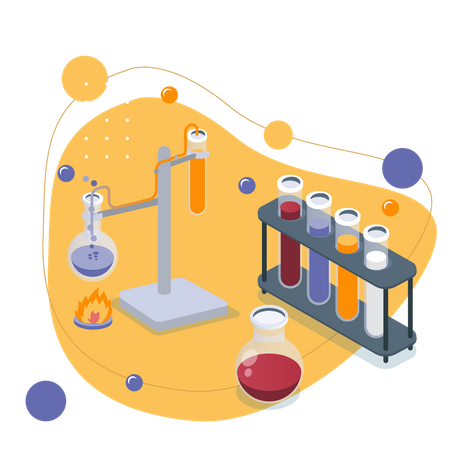Group 7: Reactivity (GCSE Chemistry)
Group 7: Reactivity
Halogens – trend in reactivity
As you look at the trend in reactivity of group 7, the reactivity of halogens decreases so fluorine is the most reactive halogen and astatine is the least reactive halogen.
Halogens react to gain an electron so they become more stable. The negatively charged electron is attracted to the halogen atom due to the positive charge of the atom’s nucleus. As you go down group 7, reactivity of the halogens decreases because:
- The atomic mass of the halogens increases. They increase in electron shells; so the atoms are larger as you go down the group. Therefore, the attraction of the outer electron to the nucleus decreases as you go down group 7.
- The number of electrons increase. There are more electrons shielding the positively charged nucleus from the outer electron. Therefore, the attraction of the outer electron to the nucleus decreases as you go down group 7.
The weaker electrostatic attraction of the electron being gained to the positive nucleus, makes it harder for the atom to gain an electron and it decreases in reactivity in group 7.
FAQs
→Why does the reactivity decrease in group 7?
The reactivity of the halogens decreases because the atomic mass of the halogens increases. The number of electrons also increases.
No. The reactivity decreases down group 7. The weaker electrostatic attraction of the electron being gained to the positive nucleus, makes it harder for the atom to gain an electron.
When you analyse the reactivity of group 7, you will notice that the reactivity of halogens decreases so fluorine is the most reactive halogen and astatine is the least reactive halogen.
Group 7 elements, also known as halogens, are a series of non-metal elements that include chlorine, bromine, iodine, and astatine. These elements are highly reactive and play an important role in GCSE Chemistry.
Group 7 elements are important in GCSE Chemistry because they play a crucial role in several chemical reactions and processes. Understanding their reactivity and properties is essential for students taking GCSE Chemistry.
Group 7 elements are classified as non-metals. They are known for their high reactivity and play a key role in GCSE Chemistry.
Group 7 elements, especially chlorine, are commonly used in several household and industrial products such as bleach, disinfectants, and fire retardants.
In GCSE Chemistry, Group 7 elements have electron configurations that follow a trend based on their position in the periodic table. Chlorine, for example, has an electron configuration of [Ne] 3s2 3p5.
No, Group 7 elements are not transition metals. They are classified as halogens and belong to a separate series in the periodic table.






Still got a question? Leave a comment
Leave a comment